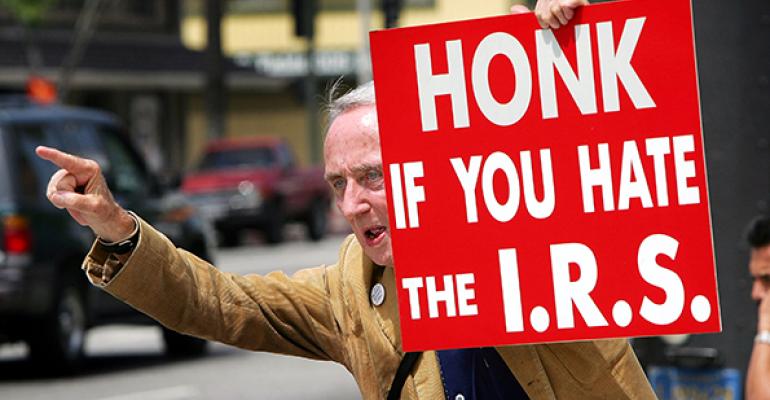U.S. taxation is a self-assessment process whereby U.S. taxpayers are initially responsible for determining and paying their taxes. Whether their calculations are correct is not relevant unless they are reviewed and found to be incorrect by the IRS. Further, the IRS must conduct their review in accordance with applicable time limits (the "limitations period").
Many taxpayers play "audit roulette" and knowingly underpay and hold their breath, waiting to see if the IRS knocks on the door within the limitations period. Others pay what they believe is owed, relying on their own calculations, or more likely with high-income taxpayers, the calculations of paid tax advisors and preparers. For this latter group, a knock on the door from the IRS comes as a surprise. How long these two groups of taxpayers have to wait before the coast is clear is useful for advisors to understand.
The general limitations period is three years (generally beginning on the date the tax return is filed). However, there are exceptions where the three-year limit extends to six years (in the case of substantial underpayments by the taxpayer) or, importantly, where no time limit applies (in the case of fraud, per Section 6501(c)(1)—the "Fraud Exception").
In the case of a false or fraudulent return with the intent to evade tax, the tax may be assessed at any time. There is no imitations period. The question in relation to the fraud exception is whether it is applicable where the taxpayer did not participate in the preparation of the fraudulent income tax return (or is otherwise innocent of any wrongdoing).
Historically, courts have determined that fraudulent intent by the taxpayer was not required in order for the fraud exception to apply. Those courts applied the fraud exception even if the preparer prepared the tax return with fraudulent intent without the knowledge of the taxpayer.
However, in a recent case, BASR Partnership v. United States, the U.S. Court Appeals for the Federal Circuit issued a taxpayer-favorable decision that runs contrary to prior precedent.
In BASR, the Court held that absent participation by the taxpayer in the fraudulent preparation of the tax return, the Fraud Exception does not apply, and the limitations period will not be extended beyond the applicable three- or six-year period.
As a result, when a taxpayer is the victim of fraud that relates to the preparation of a tax return, it is important to make certain procedural determinations that would allow for the opportunity to benefit from this taxpayer-friendly decision. More specifically, as of the date of this article, tax lawyers representing victims of a fraudulent tax preparer, when the IRS comes calling after the three- or six-year limitations period, must consider bringing a lawsuit in the Court of Claims, which requires payment of the proposed tax, if the proposed tax liability is attributable to the fraud exception.
Patrick Cox is a partner and David Moise is head of U.S. tax investigations, both at Withers Bergman LLP.





